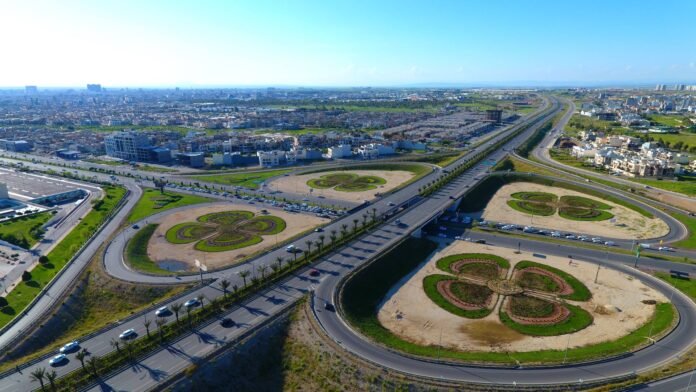The Kurdistan Region has entered a new phase of development through its road infrastructure program. The ninth cabinet has launched extensive road projects to boost transportation, economy, and safety. These road projects have become central to the cabinet’s vision for modernizing the Kurdistan Region.
The government has completed over 2,681 kilometers of roads in multiple provinces. This achievement reflects a broad commitment to stronger connectivity and long-term planning. The Kurdistan Region road projects now reach both urban centers and rural towns.
From the start, Prime Minister Masrour Barzani’s cabinet placed roads at the heart of its strategy. The government recognized roads as essential for trade, tourism, agriculture, and industry. More than 700 road initiatives have already reached completion. Over 12 million square meters of asphalt have been laid across the Kurdistan Region.
To fund these projects, the cabinet used three major sources. These included the public investment budget, the general government budget, and revenues from vehicle weight stations. These funding sources ensured continuous progress even during financial uncertainty.
Many strategic Kurdistan Region road projects stand out. One of the largest is the 150-meter Ring Road linking Erbil and Koya, built at a cost of 582.1 billion IQD. Another key development is the 120-meter Ring Road in Duhok, costing 127 billion IQD.
The cabinet also finished the Bahirka to Duhok ring road for 197.7 billion IQD. In Duhok, the new Duhok–Jazna connector added more flexibility to local travel. Road infrastructure in Barzan was strengthened by overpasses and underpasses covering 6,000 meters.
Meanwhile, Sulaymaniyah saw the construction of a 100-meter ring road costing 428.5 billion IQD. The government also completed the Bermam Tunnel and two major bridges. Zey Gawra Bridge spans 1,000 meters and connects Erbil to Duhok. The 420-meter Darbandi Raniya Bridge adds further reliability to inter-city transport.
The ninth cabinet also made progress in internal road systems. Security and Interior forces completed 883 kilometers of internal roads in two years. These roads improved access and mobility for towns and villages. The Region installed more than 16,213 traffic signs to enhance safety and guide drivers.
Asphalt also covered 45 kilometers of crowded roads to meet local transport demands. These upgrades lowered the number of accidents and enhanced comfort for daily travelers. The Kurdistan Region road projects have already opened economic opportunities in isolated areas.
Despite economic pressures, the government has stayed focused on infrastructure. Every kilometer built has strengthened Kurdi

